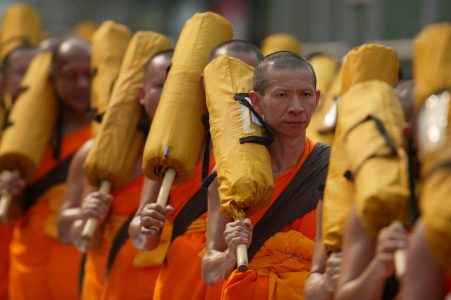During your life, you are likely to feel hurt at some point; including feeling like your heart has been broken. Feeling broken-hearted can result from well-meaning parents or guardians, intimate/romantic relationships, family, friends or co-workers. Sometimes it’s the ones you love the most that can unconsciously create the most pain in your life. You have so much invested in the relationship and the expectation, that they will never hurt you. It is also very likely that you may have unintentionally hurt people.
You are human with your frailties and blind-spots. However, it is possible to heal any past hurt and live a life beyond pain and suffering. In fact, past hurt can either make you bitter or even more loving and resilient. Rather than getting stuck in blame and feeling like a victim, it is possible to see any situation as a learning experience to enrich and enhance your life.
Step-by-step guide
- Grow: take advantage of the lesson that the hurtful experience has provided. Ask yourself; what have I learnt from this painful experience and how can I avoid it happening again? Avoid dwelling on possible causes as this can escalate your feelings around the situation and make things worse. Where focus goes energy flows! Focus instead, on healing from the issue and returning to your empowered self, to feel wiser and stronger than ever. Pain is a message for you to focus on your self-worth and to heal any negative emotions through personal growth.
- Glow: recognise that suffering results from the meaning you give to your pain. For example: “Jim cheated on me right now which means I’m worthless” or you could think, “Jim cheated on
me right now because of his personal issues”. You can choose to grow and appreciate your life despite external influences, by tapping into your inner core of self-love; which is resilient, compassionate, loyal, honest and wise. Act from these values rather than reacting defensively to others behaviours (see How to Respond Rather than React). Value yourself and you will glow; the hurt is only a defence, not who you are. You are far greater than that!
- Protect: yourself by rising above feeling like a victim. Give yourself space from the person who hurt you until you have healed, if you need to. Commit to your True Self through healing, by focussing on your strength and resilience. Recognise that although a relationship may have hurt you, you are not a hurt or damaged person in any way.
Your True Self is always as it was and you just need to connect (see step 4) to that. Going forward, protect yourself by tuning into your intuition (see How to access your intuition) to know if relationships are life-enhancing for you. It also is healing, to protect the ones you love, as self-worth is related to your ability to protect the ones that you love.
- Connect: you can only heal yourself by recognising that even though you have been hurt, you are not damaged. Regardless of what happens externally, you are always worthy of receiving love. Focus on feeling worthy of love by doing loveable deeds for others and you will find this very healing. Make compassion rather than defensives your automatic response to challenging situations. It is impossible to feel empathy and anger for another, at the same time, so look at situations as empathetically as possible. You connect with others, when you rise above any self-absorption and trivial concerns, to instead care about the well-being of your loved ones. Caring about others helps you to heal hurts of the past and elevates the bonding hormone oxytocin which make you feel calm, safe and secure. Connection is a conscious choice that you make, to move through any hurt and enjoy fulfilling relationships once more.
Tip: Never, ever think less of yourself because you have been hurt! Do not take others limiting beliefs about yourself. Often they have been hurt and act out that hurt unconsciously.







